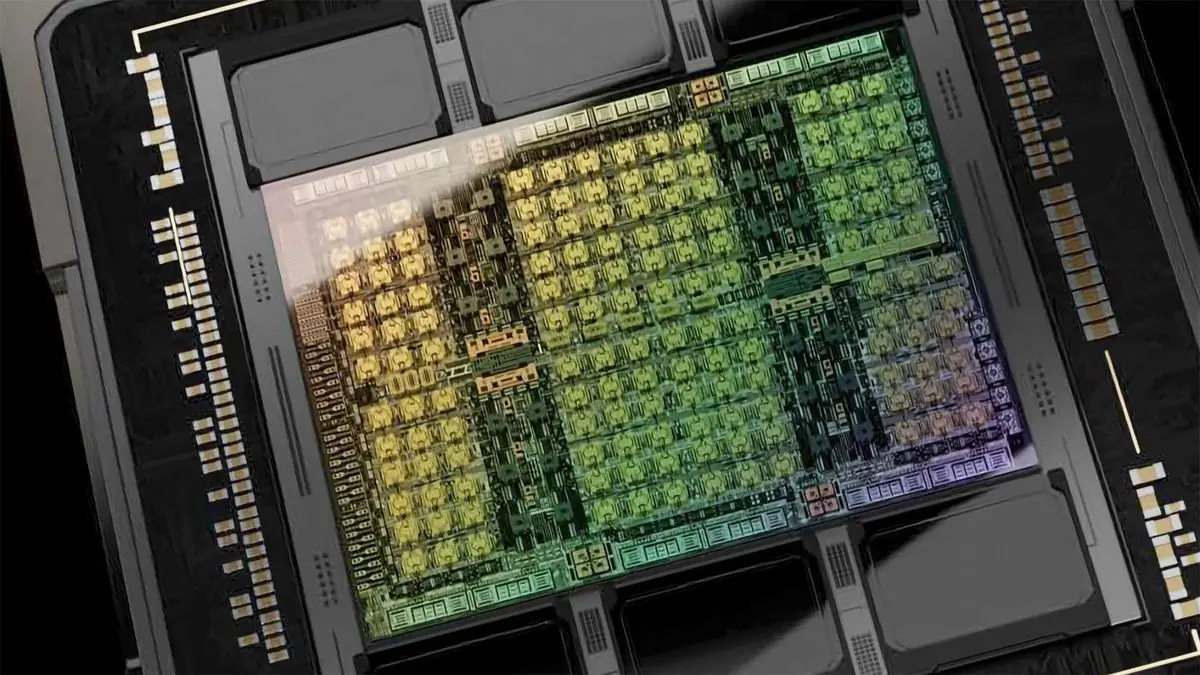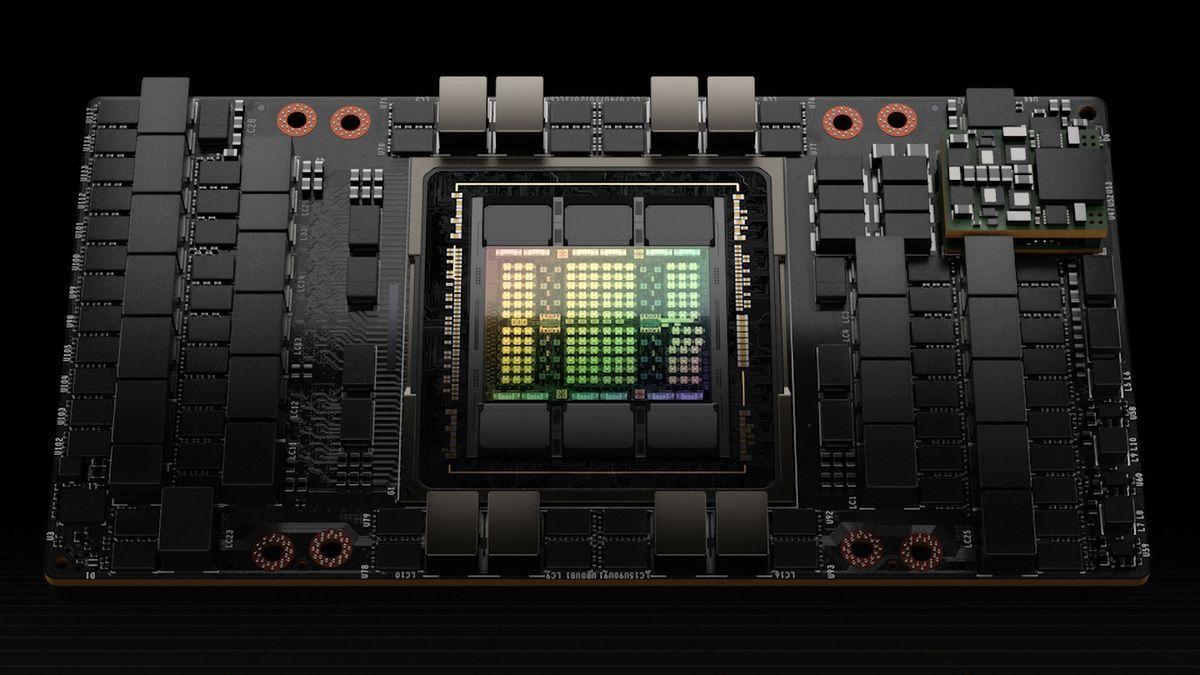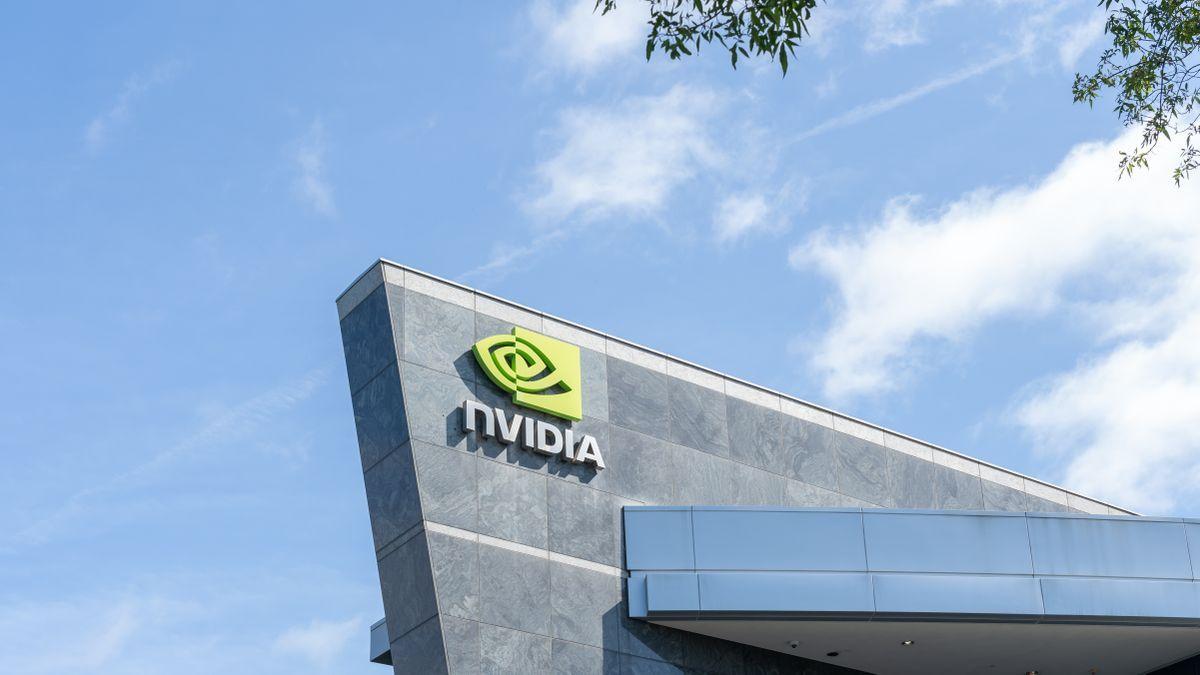U.S. Lawmakers Call for Review of China's Silicon Photonics Development, Citing AI and National Security Concerns
3 Sources
3 Sources
[1]
US lawmakers urge review of China threat from photonics technology
(Reuters) - A bipartisan group of U.S. lawmakers on Monday urged the Department of Commerce to examine national security threats from China's development of silicon photonics technology, a fast-developing field that could speed up artificial intelligence. At its core, silicon photonics relies on light, rather than electrical signals, to move information inside of computer systems and has uses in artificial intelligence systems where tens of thousands of computer chips are connected. Leading AI chip firms such as Nvidia and Advanced Micro Devices have published research on how to integrate photonics into their chips, while Silicon Valley startup Lightmatter recently raised $400 million for its photonic technology, pushing the firm's value to $4.4 billion. China has also been aggressively pursuing the technology, with Guangdong province in recent weeks joining a spate of funding programs aimed at building photonics chips in China, according to state media. The U.S. House of Representatives' select committee on China on Monday asked the Commerce Department to examine what threats China's work on photonics might pose and whether export control rules should be amended to protect U.S. efforts. "The dual-use nature of photonics technology makes it particularly susceptible to military end-use diversion by problematic actors," Representatives John Moolenaar, a Republican, and Raja Krishnamoorthi, a Democrat, wrote in their letter. "China has been perhaps the quickest state actor to mobilize the resources and encourage local and regional governments to work on photonic technology," Sunny Cheung, an associate fellow for China studies with the Jamestown Foundation who has studied China's efforts, told Reuters. "We've received the letter and will respond through the appropriate channels," a Commerce Department spokesperson said. (Reporting by Stephen Nellis in San Francisco; Editing by Leslie Adler)
[2]
US Lawmakers Urge Review of China Threat From Photonics Technology
(Reuters) - A bipartisan group of U.S. lawmakers on Monday urged the Department of Commerce to examine national security threats from China's development of silicon photonics technology, a fast-developing field that could speed up artificial intelligence. At its core, silicon photonics relies on light, rather than electrical signals, to move information inside of computer systems and has uses in artificial intelligence systems where tens of thousands of computer chips are connected. Leading AI chip firms such as Nvidia and Advanced Micro Devices have published research on how to integrate photonics into their chips, while Silicon Valley startup Lightmatter recently raised $400 million for its photonic technology, pushing the firm's value to $4.4 billion. China has also been aggressively pursuing the technology, with Guangdong province in recent weeks joining a spate of funding programs aimed at building photonics chips in China, according to state media. The U.S. House of Representatives' select committee on China on Monday asked the Commerce Department to examine what threats China's work on photonics might pose and whether export control rules should be amended to protect U.S. efforts. "The dual-use nature of photonics technology makes it particularly susceptible to military end-use diversion by problematic actors," Representatives John Moolenaar, a Republican, and Raja Krishnamoorthi, a Democrat, wrote in their letter. "China has been perhaps the quickest state actor to mobilize the resources and encourage local and regional governments to work on photonic technology," Sunny Cheung, an associate fellow for China studies with the Jamestown Foundation who has studied China's efforts, told Reuters. "We've received the letter and will respond through the appropriate channels," a Commerce Department spokesperson said. (Reporting by Stephen Nellis in San Francisco; Editing by Leslie Adler)
[3]
US lawmakers urge review of China threat from photonics technology
Oct 28 (Reuters) - A bipartisan group of U.S. lawmakers on Monday urged the Department of Commerce to examine national security threats from China's development of silicon photonics technology, a fast-developing field that could speed up artificial intelligence. At its core, silicon photonics relies on light, rather than electrical signals, to move information inside of computer systems and has uses in artificial intelligence systems where tens of thousands of computer chips are connected. Leading AI chip firms such as Nvidia (NVDA.O), opens new tab and Advanced Micro Devices (AMD.O), opens new tab have published research on how to integrate photonics into their chips, while Silicon Valley startup Lightmatter recently raised $400 million for its photonic technology, pushing the firm's value to $4.4 billion. Advertisement · Scroll to continue China has also been aggressively pursuing the technology, with Guangdong province in recent weeks joining a spate of funding programs aimed at building photonics chips in China, according to state media. The U.S. House of Representatives' select committee on China on Monday asked the Commerce Department to examine what threats China's work on photonics might pose and whether export control rules should be amended to protect U.S. efforts. Advertisement · Scroll to continue "The dual-use nature of photonics technology makes it particularly susceptible to military end-use diversion by problematic actors," Representatives John Moolenaar, a Republican, and Raja Krishnamoorthi, a Democrat, wrote in their letter. "China has been perhaps the quickest state actor to mobilize the resources and encourage local and regional governments to work on photonic technology," Sunny Cheung, an associate fellow for China studies with the Jamestown Foundation who has studied China's efforts, told Reuters. "We've received the letter and will respond through the appropriate channels," a Commerce Department spokesperson said. Reporting by Stephen Nellis in San Francisco; Editing by Leslie Adler Our Standards: The Thomson Reuters Trust Principles., opens new tab
Share
Share
Copy Link
A bipartisan group of U.S. lawmakers urges the Department of Commerce to examine potential national security threats from China's advancements in silicon photonics technology, a field that could significantly accelerate artificial intelligence capabilities.

U.S. Lawmakers Raise Alarm Over China's Silicon Photonics Advancements
In a significant development at the intersection of technology and national security, a bipartisan group of U.S. lawmakers has called on the Department of Commerce to investigate potential threats arising from China's rapid progress in silicon photonics technology. This move underscores growing concerns about the implications of advanced technologies on global competition and security
1
2
3
.Understanding Silicon Photonics
Silicon photonics is an emerging field that uses light instead of electrical signals to transmit information within computer systems. This technology has particular relevance in artificial intelligence systems, where it can facilitate connections between tens of thousands of computer chips. The potential of silicon photonics to accelerate AI capabilities has attracted attention from leading tech companies and startups alike
1
2
3
.U.S. Developments in Photonics
Major AI chip manufacturers such as Nvidia and Advanced Micro Devices (AMD) have been actively researching ways to integrate photonics into their chips. In a notable development, Silicon Valley startup Lightmatter recently secured $400 million in funding for its photonic technology, elevating the company's valuation to $4.4 billion
1
2
3
.China's Aggressive Pursuit
China has been making significant strides in photonics technology. Recently, Guangdong province joined several other regions in launching funding programs aimed at developing photonics chips within China. This push has been characterized as aggressive by observers, with state media reporting on these initiatives
1
2
3
.Congressional Concerns and Actions
The U.S. House of Representatives' select committee on China has taken action by requesting the Commerce Department to assess the potential threats posed by China's work on photonics. The committee is also exploring whether current export control rules need modification to safeguard U.S. interests
1
2
3
.Representatives John Moolenaar, a Republican, and Raja Krishnamoorthi, a Democrat, emphasized in their letter, "The dual-use nature of photonics technology makes it particularly susceptible to military end-use diversion by problematic actors"
1
2
3
.Related Stories
Expert Insights
Sunny Cheung, an associate fellow for China studies at the Jamestown Foundation, provided context on China's efforts: "China has been perhaps the quickest state actor to mobilize the resources and encourage local and regional governments to work on photonic technology"
1
2
3
.Department of Commerce Response
A spokesperson for the Department of Commerce acknowledged receipt of the lawmakers' letter, stating, "We've received the letter and will respond through the appropriate channels"
1
2
3
.This development highlights the ongoing technological competition between the United States and China, particularly in fields with both commercial and potential military applications. As silicon photonics continues to evolve, its impact on AI advancement and national security considerations is likely to remain a focal point for policymakers and industry leaders alike.
References
Summarized by
Navi
[1]
Related Stories
U.S. Legislator Challenges Trump Administration's Decision to Resume Nvidia H20 GPU Sales to China
19 Jul 2025•Policy and Regulation

Senators Push SAFE Chips Act to Block Advanced AI Chips Sales to China for 30 Months
05 Dec 2025•Policy and Regulation

Silicon Valley Startup xLight Raises $40 Million to Develop Advanced Chip-Making Laser Technology
22 Jul 2025•Technology

Recent Highlights
1
ByteDance's Seedance 2.0 AI video generator triggers copyright infringement battle with Hollywood
Policy and Regulation

2
Demis Hassabis predicts AGI in 5-8 years, sees new golden era transforming medicine and science
Technology

3
Nvidia and Meta forge massive chip deal as computing power demands reshape AI infrastructure
Technology





